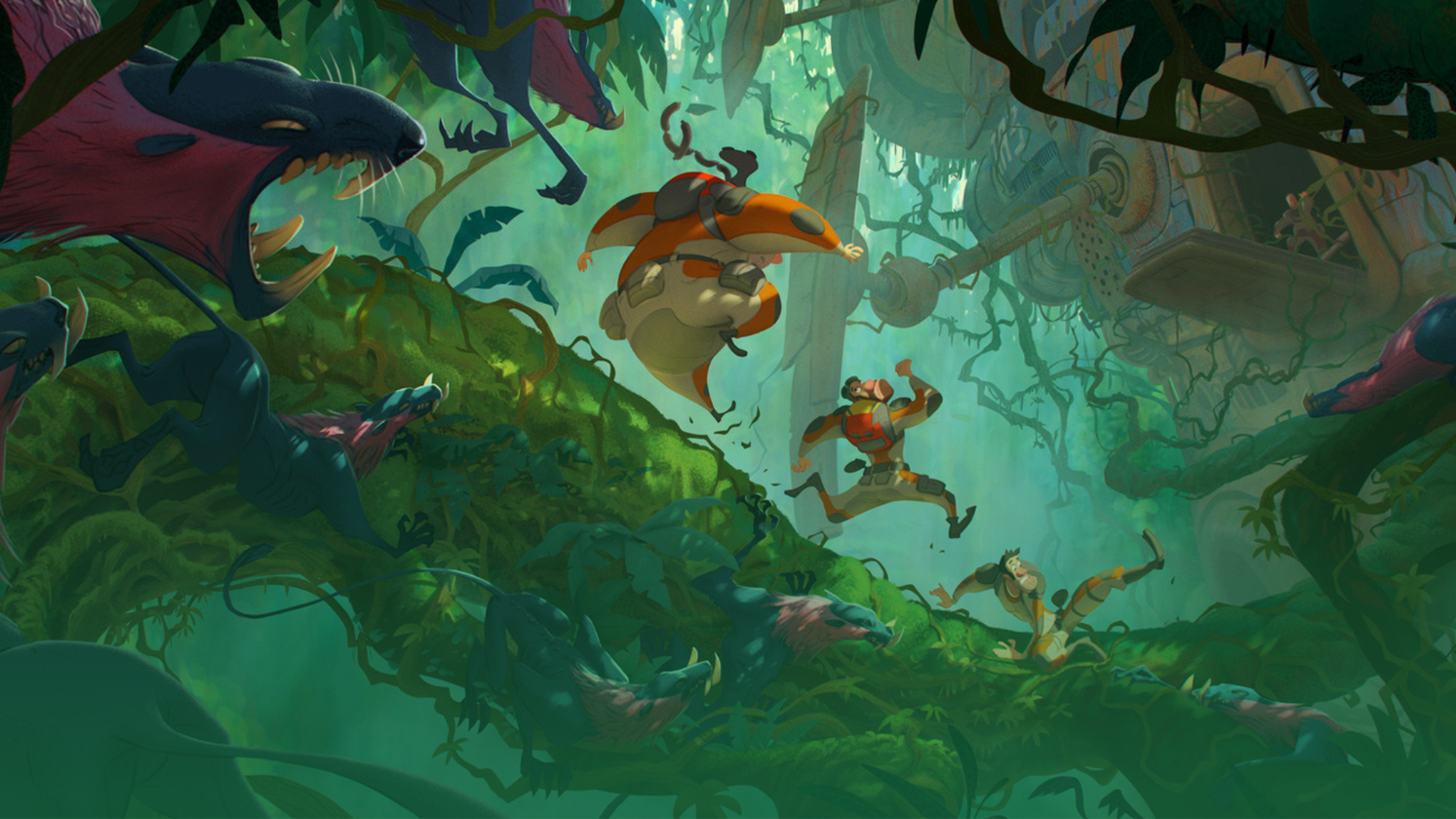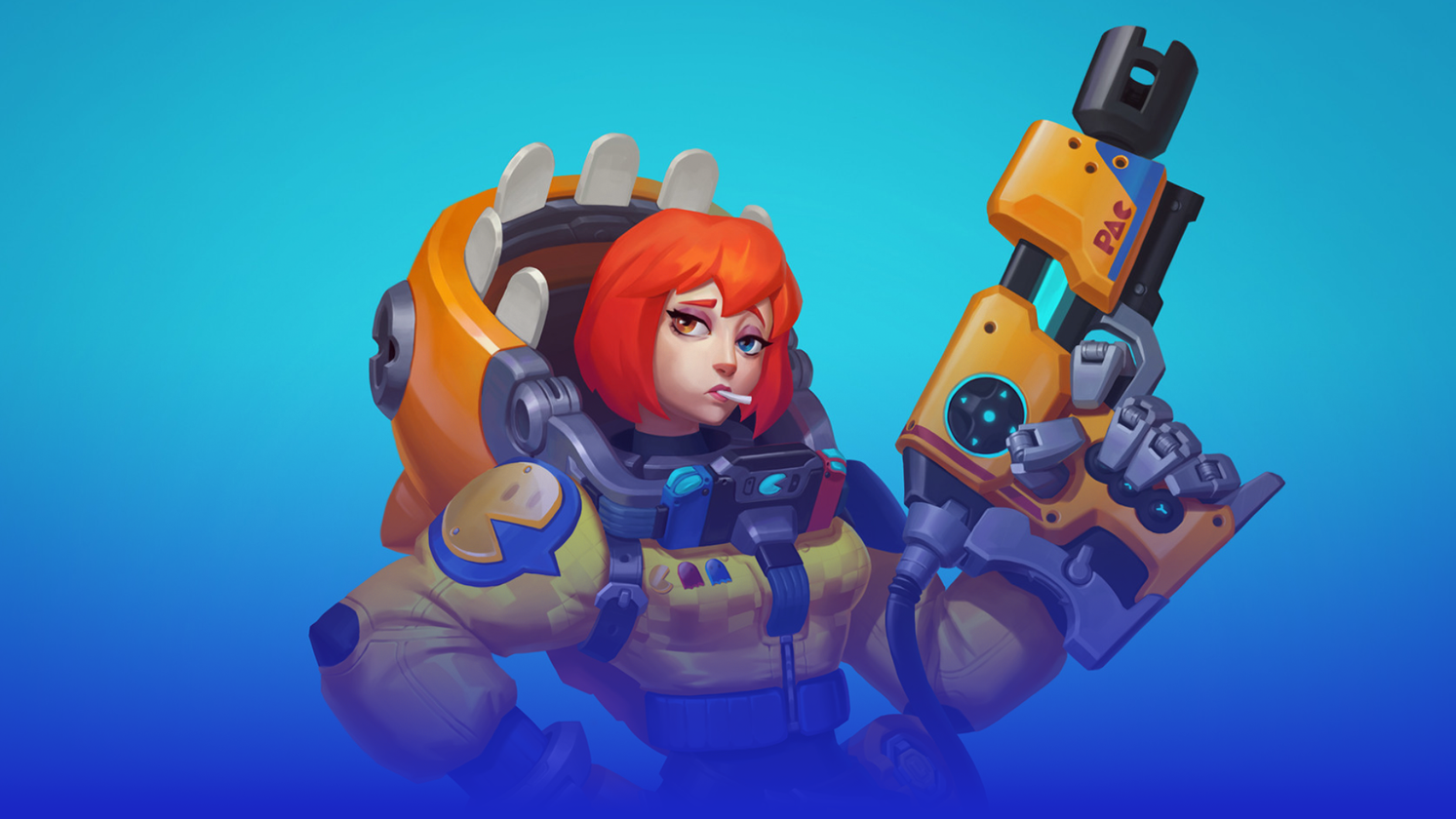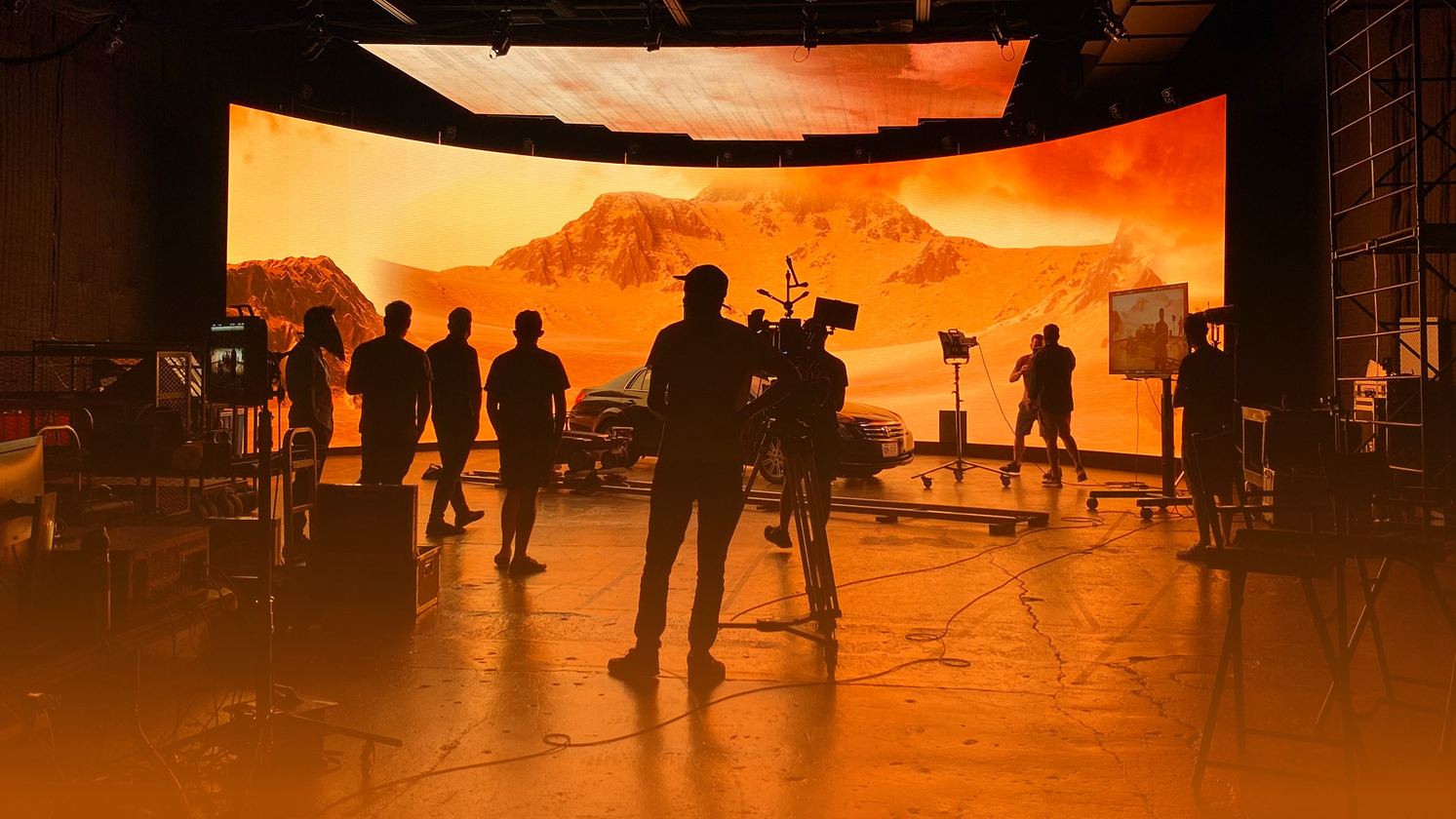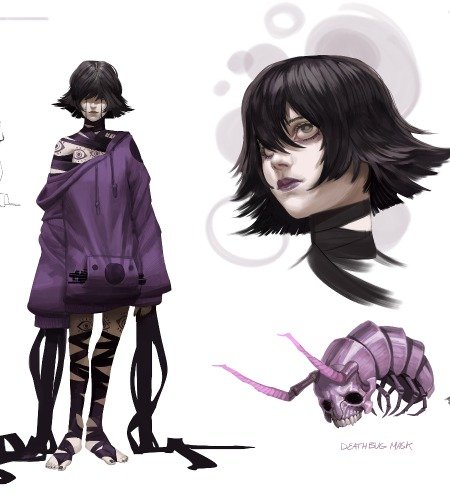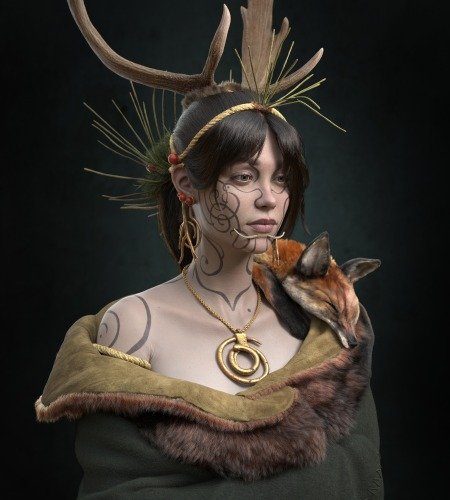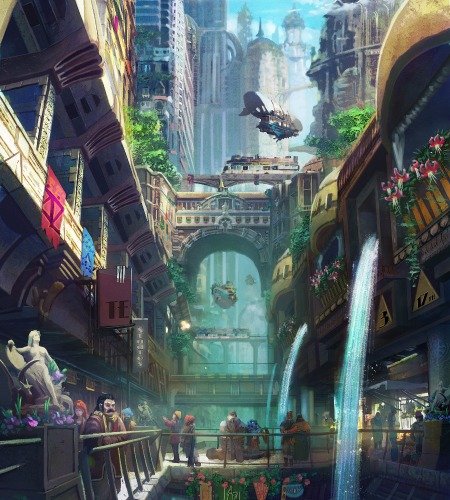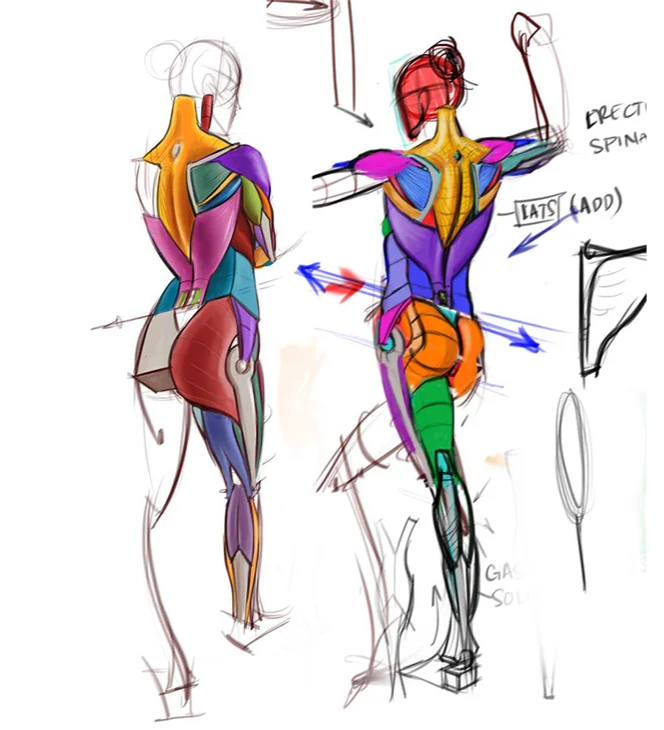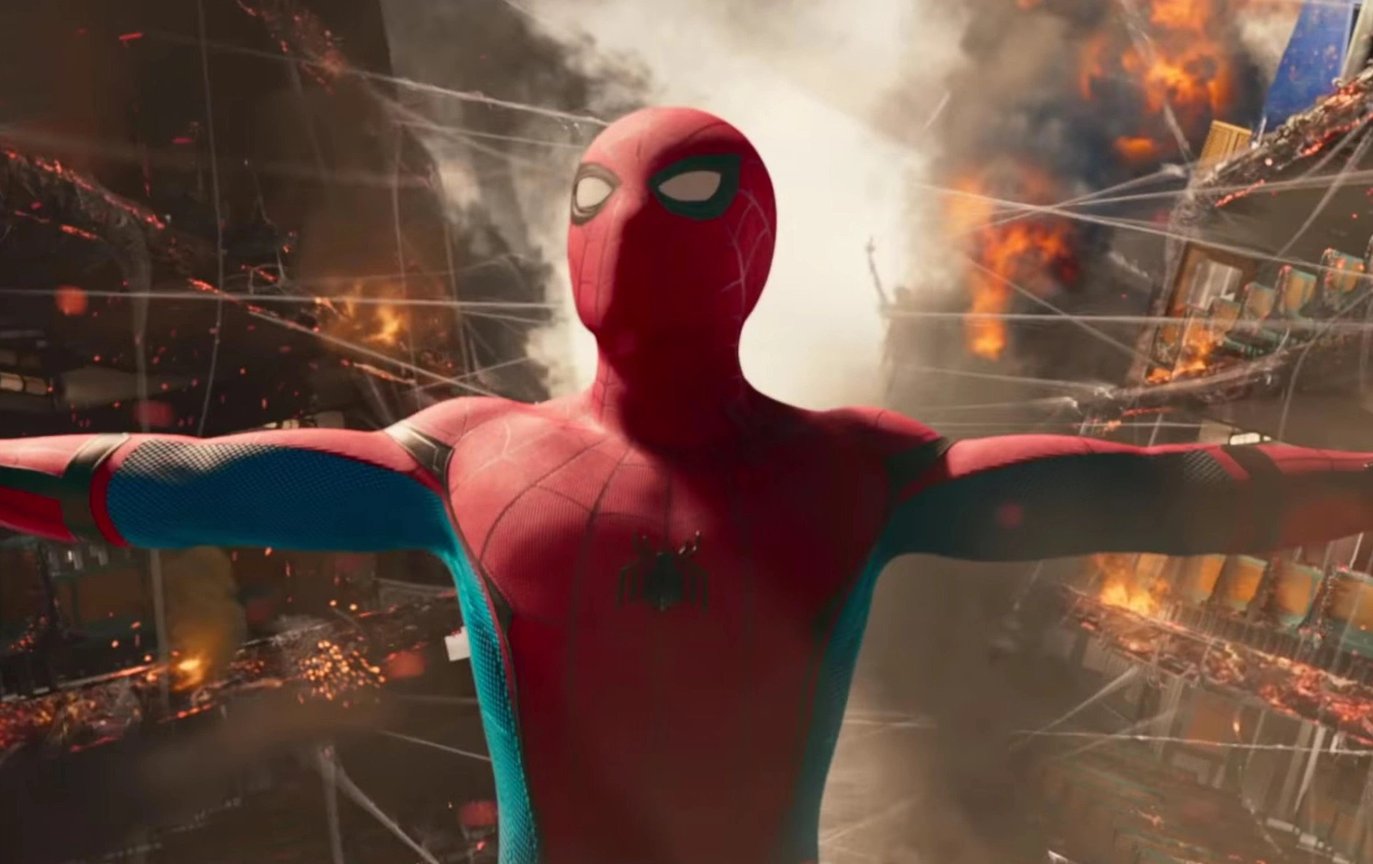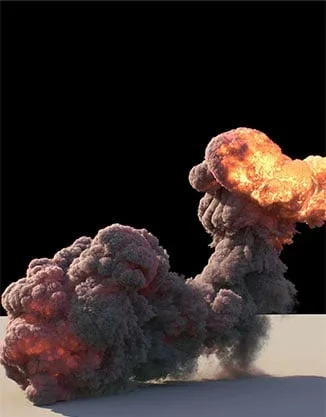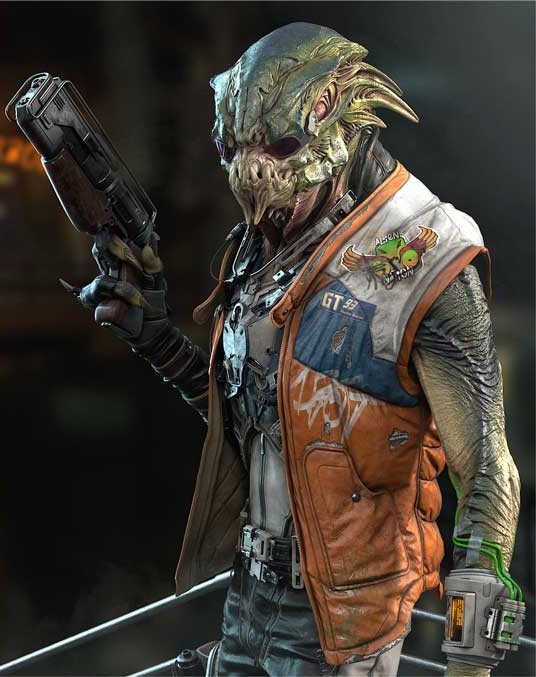Yuzu: Stylized Character Production in ZBrush
Jason Chan described the process of creating a stylized character Yuzu made during 3D Stylized Character course at CGMA.

Introduction
Hi, my name is Jason Chan, I am a 3D Character Artist from South Africa. At the moment, I am working as a Motion Graphic Designer at a small advertising agency. I have a bachelor’s degree in graphic design, but my true passion still lies with 3D character design. I taught myself how to make 3D art in high school and kept frequently entering online competitions to improve my creativity. Recently, I have finished my contest entry for ArtWar4 at Cubebrush. It was a challenging process to create a unique character, but I managed to save a lot of time using the tips and tricks that I have acquired from Hannah Kang’s 3D Stylized Character course at CGMA.
Why CGMA
I used to be a traditional 3D box modeler and all of my characters, up until Yuzu, were created using only a mouse and keyboard. Modeling organic objects was a painful process, and that is why I decided to join this course. For almost half a year, I struggled to teach myself ZBrush and didn’t find using a drawing tablet easy. My attempts weren’t appealing and they made me really doubt my artistic abilities. Hannah Kang made sculpting fun and easy, I managed to learn a lot in 9 weeks.
Yuzu





Reference
I enjoy creating my own 3D characters but now I want to focus more on digital sculpting, so I’ve been sculpting concepts made by other artists. When I do create artwork, I think about the content that I am presenting on my portfolio, and thus a lot of time is spent searching for ideas. Out of the blue, Manda Schank’s Yuzu illustration struck a cord one day when I was browsing through Twitter. This character covered all the aspects that I wanted to learn in ZBrush. The theme also fits well with my baseball girl design BURN!!!.

Fortunately, Manda had followers who drew fan art of Yuzu for her. Those artworks became bonus visual references. I also took reference from character concept art for Disney’s recent movie. I liked how their facial expressions were illustrated and how simplistic yet impactful their characters were presented.

Don’t forget to ask the concept artist for permission before you do anything. And always remember to credit them in your final work if it is not your idea.
The Beginning
In order to better understand the character’s body shape, I like to do a quick paint-over of the concept. This traced sketch allows me to notice things that I might have ignored during the first glance.

Workflow
The workflow is exactly as it is described on Hannah’s CGMA webpage. I try to keep my process clean and simple. Once I have done my high resolution sculpt in ZBrush, I bring it into Blender for Retopology and UV unwrapping. Then, I texture it in Substance Painter and render in Blender Cycles. I often go back and forth between different software because there are always changes.
During the course, we were made sure to have a solid anatomical foundation before we headed towards sculpting. The move, smooth, and pinch brushes were used at the beginning to build the body using simple shapes. After dynameshing and zremeshing it, the clay buildup and smooth brush came in handy. Hard-surface objects such as shoes, cap, baseball bat, and small accessories still had to be box-modeled inside Blender, because sculpting them wouldn’t give me a clean result.
Posing
When I was posing Yuzu, I paid a lot of attention to the silhouette and focused on the parts where the body would turn. I used the transpose tool inside ZBrush, which is really convenient when it comes to posing quickly. However, using this tool sacrifices the chance for your character to be animated, leaving it as a digital statuette.

Clothing
My biggest challenge in this course was sculpting the jacket. Provided with a limited amount of illustrations of Yuzu, it was difficult to imagine the whole posed jacket as a 3D shape in my mind, so I took photos of myself in a thick jacket, holding a baseball bat, as an extra reference. Hannah also suggested me to look into apparel wrinkles, as the thickness of the jacket is determined by their size.

The jacket was the only object that I didn’t manually retopoligize, simply because Zremesher did a better job. As presented below, I have masked each section into poly groups so that ZBrush could cleanly Zremesh the whole jacket. In order to give the jacket that fabric impression, I polished it up with the alpha brushes from Poliigon’s fabric wrinkle brush library.

Hair
I intended to give Yuzu particle hair, however, for this specific character, poly hair worked out better and it used less time and power when it came to rendering the final image. A new material was given to the hair and tail so that each strand started off with a different gradient. You can follow the Blender tutorial by Pancake_Manicure on how to make poly hair (find it below).

Blender Tutorial – Hair With Curves by Pancake_Manicure
Texturing
I used Substance Painter to create different UV maps. This character wasn’t planned to be submitted for a game, so I gave her 4K texture maps. An additional subsurface scattering map was hand-painted which allowed me to control the skin’s translucency at different areas of the body. I also tried to keep the texture details minimal so that it doesn’t take the attention away from the stylized look and feel. Photoshop was used to enhance the UV maps so that they would come out more vibrant.


Lighting
When it comes to lighting a character, I like to use a basic three-point lighting setup. An HDRI of an indoor environment was added to give the materials more reflection. A small point light is positioned in front of each eye so that the eyes have a white dot reflection. This is important because the reflections make your character look alive. Based on my observation in photography, I also added in a big soft light at the bottom pointing towards her face to act as bounce light.


Post-Process
The final result was color-graded inside Photoshop. A vignette was added to bring more attention to the character.

Afterword
There will always be some form of challenge in art creation, but that’s what helps us grow as artists. I am glad that I had the chance to learn from Hannah, as I really enjoyed the course. It was worth waking up at 5 am every Friday morning to have a live Q&A session with everyone in the class (time zone issue). I recommend this class to anyone who wants to improve their stylized character art. Receiving advice from Hannah gave me a boost in my confidence and artist abilities.
It was also a great opportunity to meet new friends. Feel free to check out the rest of my classmates’ works: James Hyun, Ahmed Essam, and Jospeh Buehrer.


